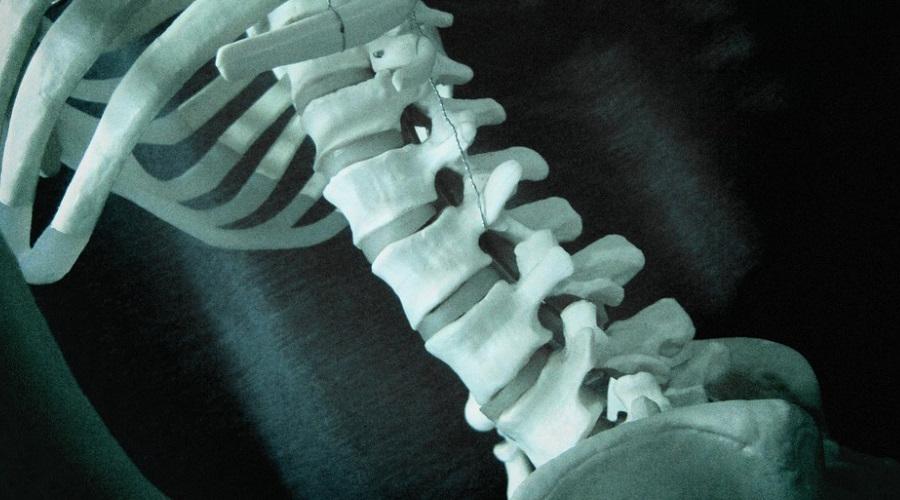NICE backs osteoporosis drug, but diagnosis is an obstacle

Around 14,000 women in England may soon be able to access a new treatment for osteoporosis after NICE backed routine NHS use of Theramex's Eladynos.
The health technology assessment (HTA) agency said in guidance (PDF) published this morning that Eladynos (abaloparatide) can be used in postmenopausal women at increased risk of bone fractures due to osteoporosis, a bone-thinning condition that affects around 3.8 million people in the UK.
However, concerns have already been voiced about access to the drug due to a chronic shortage in diagnostic capacity within the NHS.
Until now, the main options for women in this category have been UCB's Evenity (romosozumab) or Eli Lilly's Forsteo (teriparatide), with older generic bisphosphonates such as alendronic acid used afterwards.
Eladynos – which is only the second osteoporosis drug to reach UK patients in the last 15 years – could now find a role as an alternative to Evenity and Forsteo, is seen as an important development as some patients cannot tolerate or do not respond to those drugs.
Abaloparatide is an analogue of parathyroid hormone-related protein (PTHrP) and as an anabolic agent works similarly to romosozumab and teriparatide – building bone – while older drugs have slowed the rate of bone breakdown.
Like teriparatide, it is administered by self-injection once a day, while romosozumab is given as a monthly shot by a healthcare professional.
Professor Jonathan Benger, chief medical officer and deputy chief executive of NICE, said: "The independent committee heard from patients about how debilitating osteoporosis can be and how it impacts all aspects of day-to-day life, such as not going out for a walk because they are fearful of falling and having a fracture."
He added: "This can impair mental and physical health. Our focus is on enabling access to care that improves quality of life while offering value to the taxpayer."
Postcode lottery
The Royal Osteoporosis Society (ROS) welcomed NICE's decision, pointing out that fractures due to osteoporosis – which can occur even after a sneeze or a hug from a grandchild – are the fourth worst cause of disability and premature death in the UK.
But the charity warned that thousands of people will miss out on abaloparatide and other treatments due to a "chronic postcode lottery" for diagnostic services.
It cited the findings of the All Party Parliamentary Group for Osteoporosis that two in every three people with osteoporosis are missing treatment, largely due to the absence of Fracture Liaison Services (FLS) in half of all NHS Trusts.
"Sadly, it's no good having new medication options if half of NHS Trusts don't have diagnostic services to put people onto them," commented Craig Jones, ROS' chief executive, who said the disparity in access "means 90,000 people will miss out on life-changing bones drugs like the new one announced today."
The ROS also said it welcomed new Health and Social Care Secretary Wes Streeting's pledge to make FLS universal in NHS Trusts by 2030 – made during the election campaign – and called on him "to make it an urgent priority to deliver on his promise."











